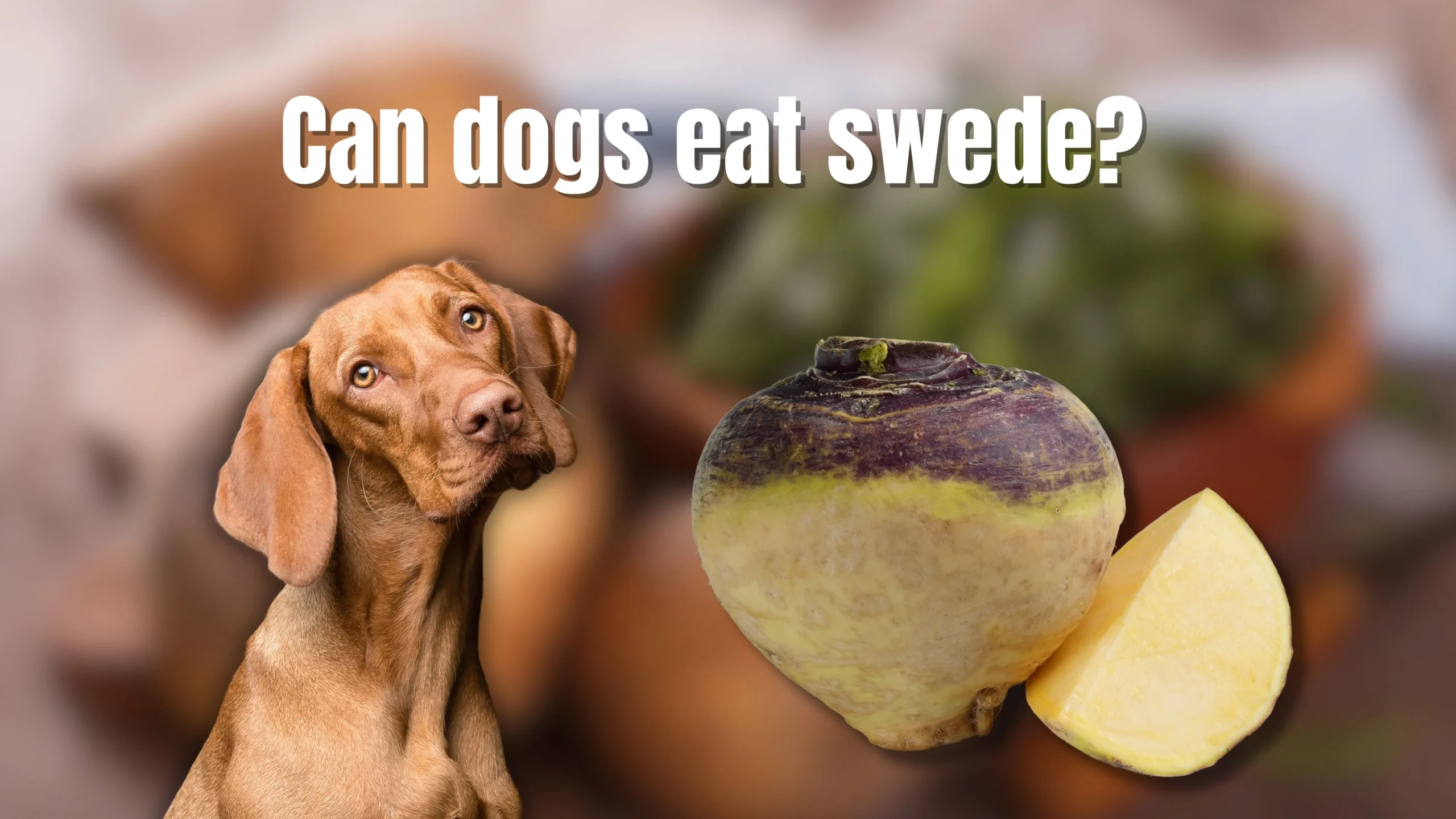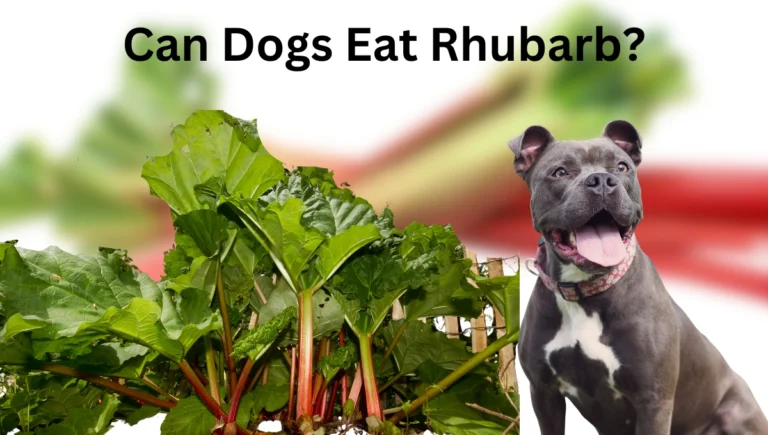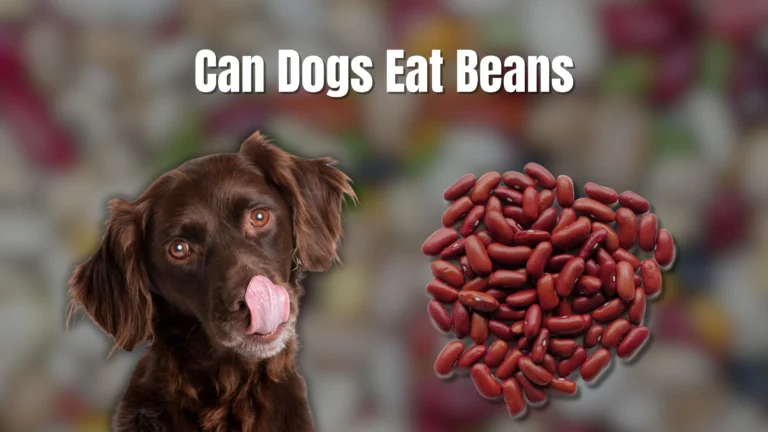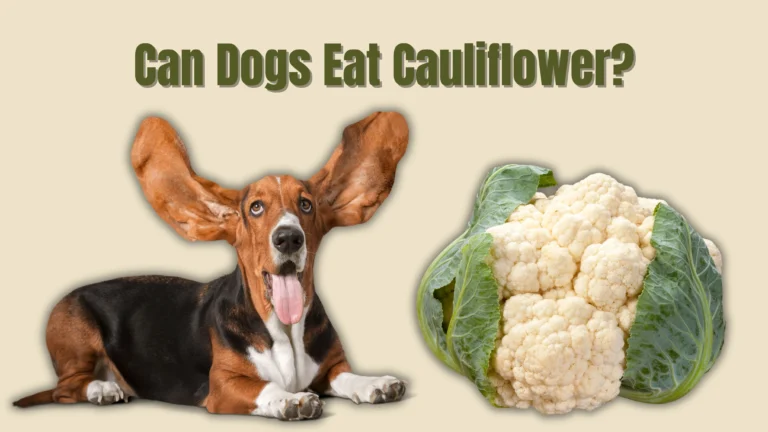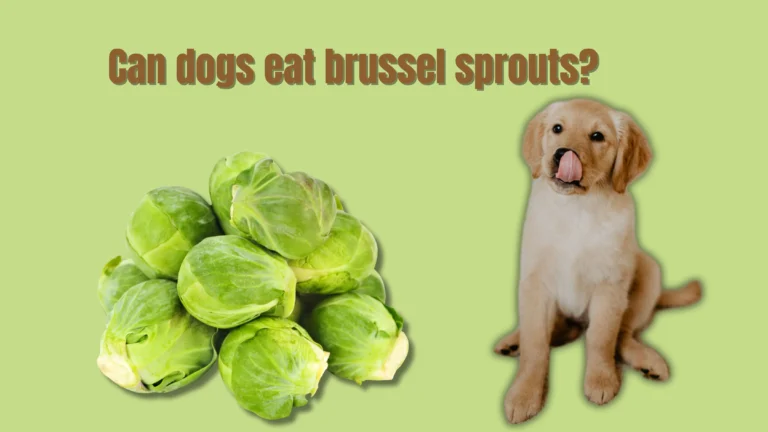Can Dogs Eat Swede?
Swede, also known as rutabaga, is a low-cost, low-fat vegetable rich in fiber, vitamins, and minerals, making it a potentially beneficial addition to your dog’s diet. Can dogs eat Swede? While dogs don’t require as many vegetables as humans, incorporating a moderate amount of veggies like Swede can provide health benefits such as improved digestion and essential nutrients. Swede can be served either raw or cooked, but it’s generally recommended to boil it first to make it easier for your dog to digest. As with any new food, moderation is key, and swede should make up around 10% of your dog’s daily nutrition from vegetables, contributing to a balanced diet.
Including swede in your dog’s diet aligns with the principle of a varied and nutritious meal plan, similar to how humans maintain their health through diverse foods. Dogs, while not needing as much produce as humans, can still benefit from small portions of vegetables from the colorful veg food group. Swede, in particular, is a great option that can easily be added to homemade dog meals. However, always consult a dog food guide or database to ensure you’re offering the right balance of nutrients and explore other safe vegetable options for your dog.
Nutritional Value of Swede For Dogs
Swede, when added to your dog’s diet in moderation, offers a variety of nutritional benefits. As a low-calorie root vegetable, it provides essential vitamins and minerals like vitamin C, vitamin K, and potassium, which support immune function, bone health, and muscle activity. Additionally, swede’s high dietary fiber content can help regulate bowel movements, making it beneficial for dogs with digestion issues such as constipation.
Though swede contains some carbohydrates for energy, dogs primarily rely on protein for their energy needs, so swede should only be a supplemental food. While it offers valuable nutrients, it’s crucial to ensure that your dog’s primary dietary needs are met through a balanced diet or regular commercial dog food. Always consult with your vet before introducing swede or any new food to your dog’s diet to ensure it complements their overall nutrition and health.

Is Swede good for dogs?
When introducing swede into your dog’s diet, start by selecting a fresh, firm swede without soft spots or damage. Always wash and peel it, removing any tough areas before cutting it into bite-sized pieces suitable for your dog’s size and chewing ability. Once prepared, swede can be boiled or steamed to soften it for easier digestion, and it should always be cooled to room temperature before serving.
Nutritionally, swede is low in calories and fat, making it a healthy option for dogs. It is rich in vitamin C, vitamin B6, potassium, magnesium, and calcium, which support immune function, protein synthesis, and overall cellular communication. Although dogs can produce their vitamin C, a small dietary boost won’t harm them. However, regular overconsumption can raise oxalate levels, increasing the risk of kidney stones. Additionally, as a cruciferous vegetable, swede has cancer-fighting properties, further benefiting your dog’s health when included occasionally.
Benefits of swede for dogs
Swede is beneficial for promoting kidney health, boosting the immune system, and regulating your dog’s metabolism. It is low in calories, high in dietary fiber, and possesses anti-cancer, anti-inflammatory, and anti-fungal properties, making it a nutritious addition to your dog’s diet. For easier digestion, swede is best served boiled or steamed, then chopped or mashed.
To introduce swede into your dog’s diet, select a firm, fresh swede without soft spots. Wash and peel it, removing any rough areas, and cut it into small, bite-sized pieces appropriate for your dog’s size. After boiling or steaming, allow the swede to cool before serving it to your dog for a safe and nutritious treat.
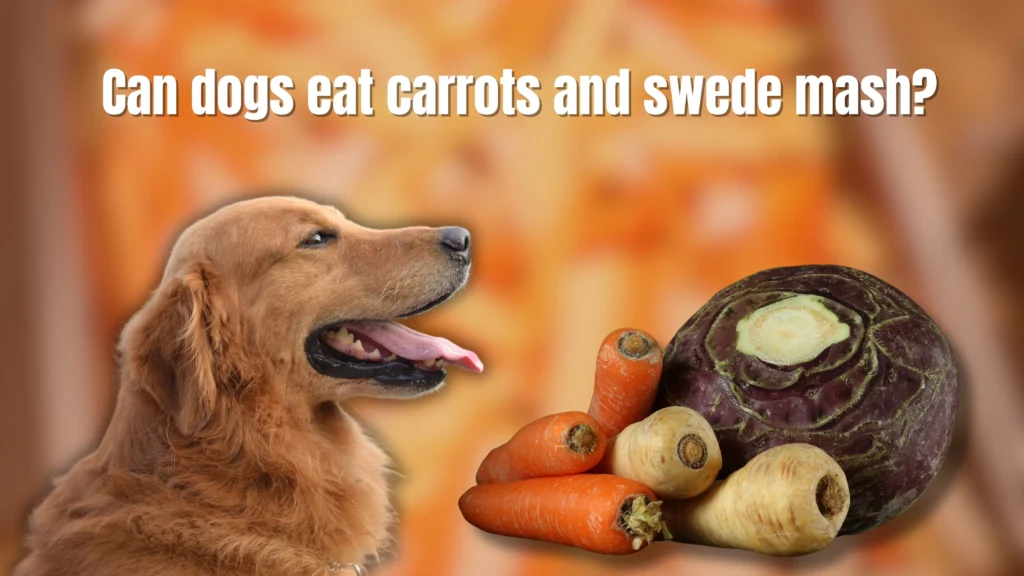
Can dogs eat carrots and swede mash?
Dogs can safely consume carrot and swede mash as long as it is prepared plainly, without any added butter, salt, or seasoning. While a small amount of seasoned mash may not harm your dog, it is important to avoid giving them seasoned food regularly, as it could upset their stomach. To keep the mash dog-friendly, simply steam or boil the vegetables, mash them slightly, and set aside a portion for your dog before adding any flavorings for yourself.
Nutritionally, swede offers little benefit to dogs, with its primary value being a source of vitamin C or as a filler in meals. Carrots, on the other hand, are more nutritious and contain beta carotene, an antioxidant that supports healthy skin and mucous membranes by converting to vitamin A. However, due to their starch content, carrots should be given in moderation if they are part of a dog’s regular diet. Dogs may enjoy raw carrots as a crunchy snack, but lightly cooking or chopping them finely can aid in digestion.

